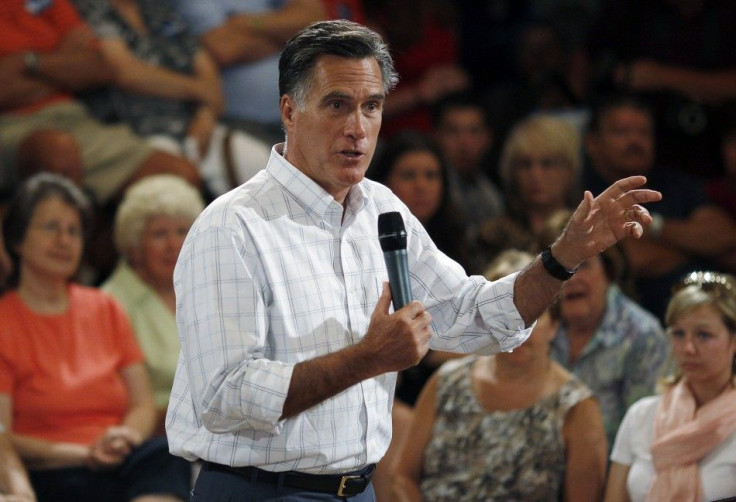GOP Race: Romney Leads 'Not Running' Palin in Poll

Former Massachusetts Gov. Mitt Romney still leads the 2012 Republican nominee race, but the person who polled second is a bit of a surprise: Former Alaska Gov. Sarah Palin.
With Palin in the race, Romney has 26 percent, Palin has 18 percent and U.S. Rep. Michele Bachmann, R-Minn., is third with 12 percent, according to the latest Washington Post-ABC News Poll.
However, without Palin in the race, Romney tops the field at 30 percent, Bachmann has 16%, U.S. Rep. Ron Paul has 11 percent, and Texas Governor Rick Perry has 8 percent.
Palin Remains a Factor
The fact that Palin can garner so much support despite not officially running for president speaks to both Palin's ability to remain on voters' minds and also underscores how unenthused, at this relatively early stage of the campaign, Republican voters continue to feel about the existing field.
Still, it's important to underscore that most voters are not paying close attention to the Republican nomination race: 43 percent of those polled said they were only following the 2012 presidential race somewhat closely.
The Post/ABC poll was conduct July 14 to 17.
Political Analysis: Palin's star power continues to surprise. Palin is not in the race. (Officially.) She has about two years experience as a state-level executive. And yet she ranks second, behind Romney, with an 18 percent support rating. That speaks to Palin's ability to give speeches and connect with voters -- mostly conservative voters on issues that are important to them.
Even so, voters should not confuse campaigning skills with governing skills, and it's there where voters are concerned about Palin, and by extension, where Romney has the edge.
That said, voters should not read too much into presidential campaign polls in 2011: this race has not begun yet, if historical survey research is any indicator. Historically, voters don't begin to take the presidential race seriously until well after the start of the election year, in this case February or March of 2012.
© Copyright IBTimes 2024. All rights reserved.











